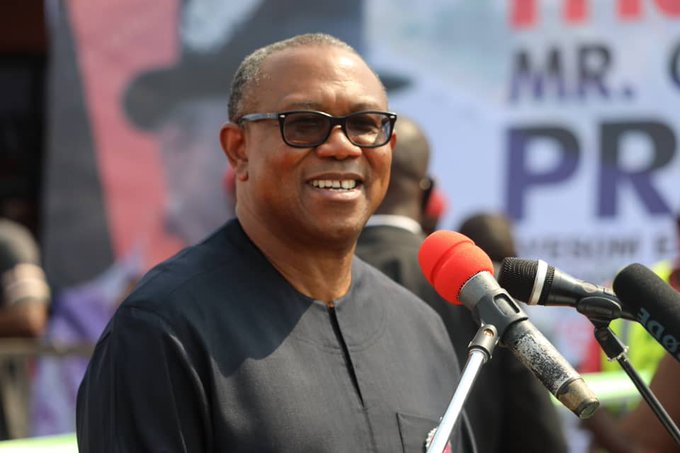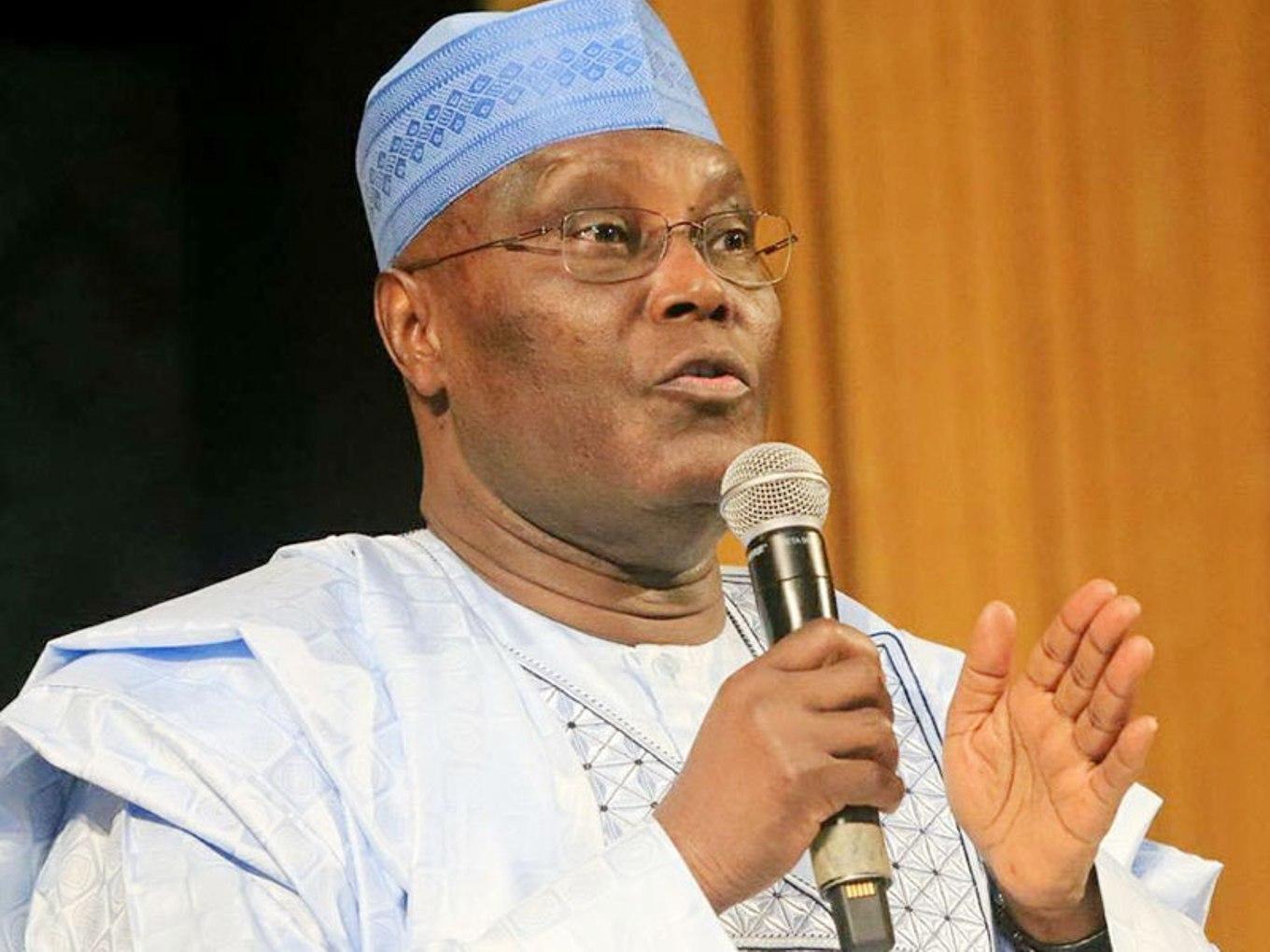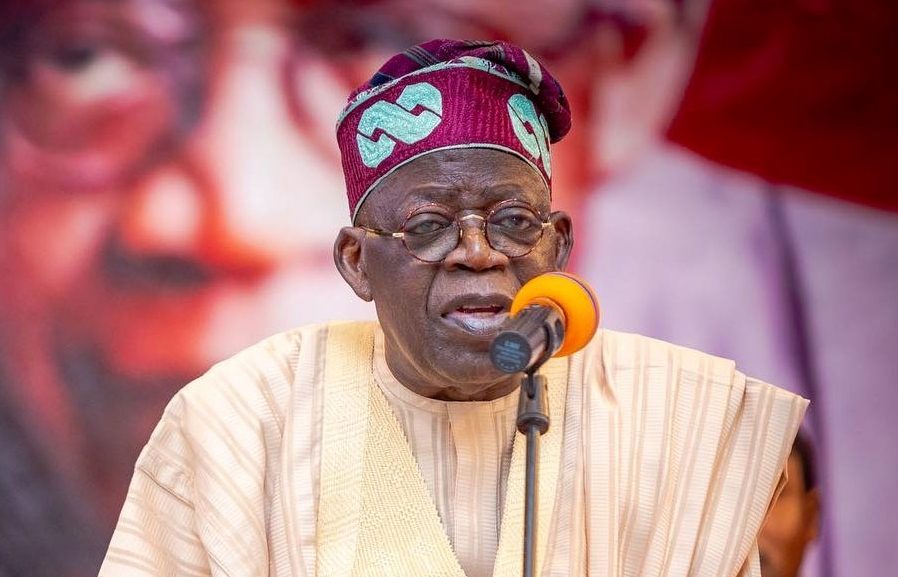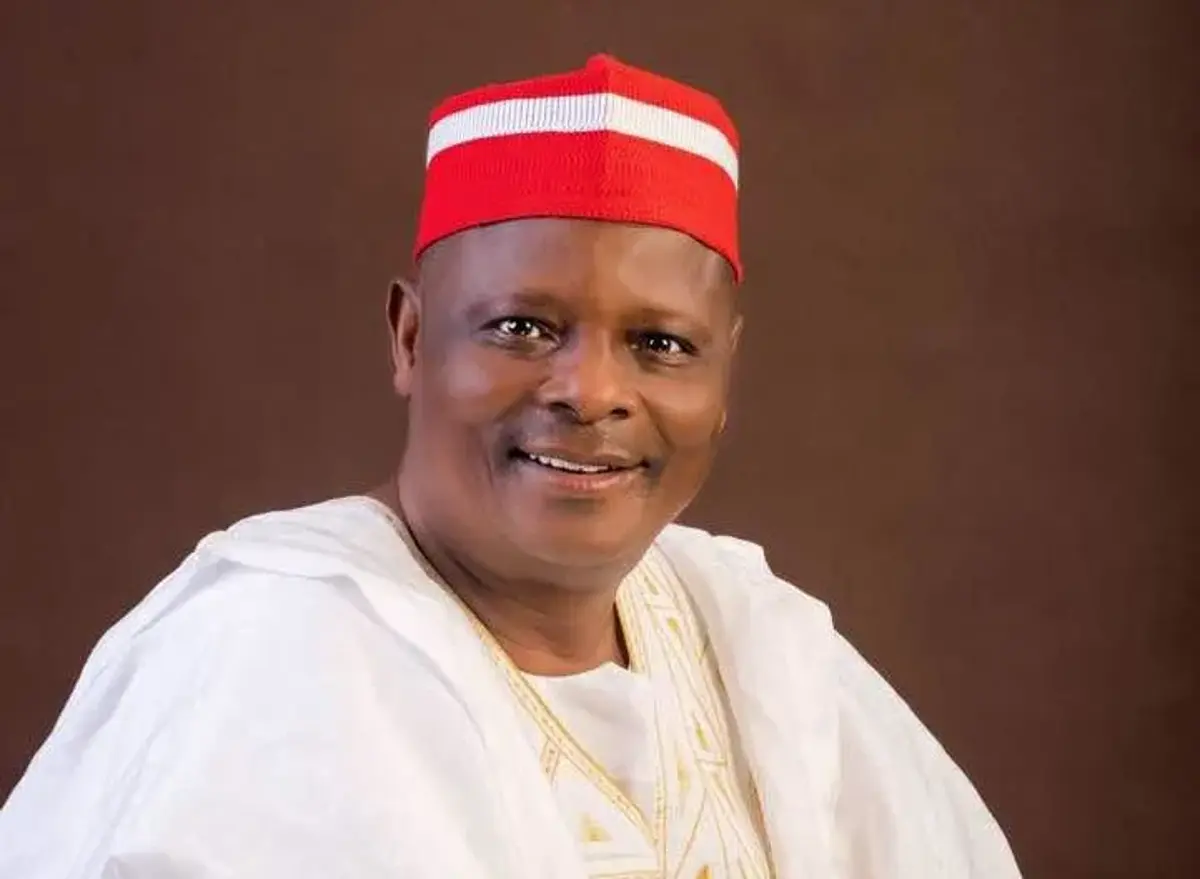Last October, Nigeria was ravaged by flooding that claimed the lives of an estimated 600 people and displaced 1.3 million. For Africa’s most populous nation and largest economy, It was the deadliest flood since at least 2012.
According to a study by World Weather Attribution, the heavy rainfall that sparked the flooding was made twice as likely by human-caused climate change. Experts have also criticised the government’s poor response, citing Nigeria’s long history of unregulated urban expansion and inadequate drainage systems, prone to blockage by unmanaged solid waste.
For several years, efforts to increase Nigeria’s climate change adaptation, mitigation and financing in order to gradually reverse the negative impacts of climate change have been far from successful. This has continued to impact Nigeria’s ambitious targets captured in the Nationally Determined Contribution (NDC) submitted to the United Nation Framework Convention on Climate Change (UNFCCC) as a signatory to the Paris accord.
While floods have destroyed lives and property in some parts of the country, catastrophic droughts and desertification have wreaked havoc on another part, leading to economic shocks, food insecurity, mass displacement, and heightened insecurity.
Recall that the country signed up to the Paris Agreement on climate change at COP26 in 2021 where President Buhari committed Nigeria to achieve net zero by 2060. The president followed that up with the signing into law of the Climate Change Act, which seeks to provide a framework for the energy transition.
In August 2022, Nigeria launched its energy transition plan, requiring about $10 billion, or close to one-quarter of the country’s 2023 budget, every year until 2060. Much of the funding is expected to come from the private sector and multilateral partners such as the World Bank. Sadly, government mismanagement remains a major drawback.
As Nigerians go to the polls this Saturday, Eco-Nai+ takes a critical look at how the leading presidential candidates intend to tackle the perennial challenge of climate change should any of them emerge in the election.
Peter Obi- Labour Party
In his campaign manifesto, the candidate of the Labour Party, (LP) Peter Obi said that his administration will establish a ‘Green Army’ tasked with identifying all opportunities to tap into the 3 trillion dollars in international climate finance to engineer economic growth and employment for millions of our youths and transition our country to the green epoch.
He said that while it has been established that Nigeria is among the top 10 countries most vulnerable to climate change, which poses the greatest economic, physical, financial, security, and developmental risks, the country has enormous opportunities to unleash its green growth transition and boost prosperity.

Peter Obi
Obi, a former governor of Anambra State, pledged to leapfrog Nigeria into the “4th industrial revolution” and shift it from “fossil fuel dependency to climate and eco-friendly energy use”.
The LP candidate also pledged to launch “a solar power revolution” across Nigeria, particularly in the north, where there is an abundance of sunlight. He plans to invest in wind, including offshore wind farms in Lagos, Warri, and Port Harcourt, with the aim to launch commercial operations by December 2025.
Atiku Abubakar- PDP
Presidential candidate of the People’s Democratic Party, (PDP) Atiku Abubakar pledged to work with the African Union to galvanize and articulate Africa’s position on climate change in accordance with the country’s responsibilities under the 2015 Paris Agreement, its Nationally Determined Contributions (NDCs), and its goal of achieving net zero emissions by 2060. According to him, this will project Nigeria as a leader in climate governance both locally and globally.
A former vice president, Abubakar said that his administration will work with relevant stakeholders to tackle soil erosion and degradation, desertification, Niger Delta oil pollution, and forest despoliation and depletion which are climate-related issues being faced by Nigerians. He also pledged to launch a comprehensive National Strategy on Clean Cities, which would set minimum criteria for city cleanliness in line with best practices around the world.

Atiku Abubakar
His manifesto also proposed the reconstruction of devastated areas, promoting more study of the geophysical nature of various environments, bolstering international projects like the Great Green Wall, and utilizing funding opportunities from international emissions trading schemes.
Bola Ahmed Tinubu
Presidential candidate of the All Progressives Congress, (APC) Bola Tinubu promised that his administration will serve as a voice, advocating for a more attentive international policy regarding climate change and how it affects Africa.
The former governor of Lagos State pledged his commitment to the renewable energy plan for carbon neutrality by 2060 and that he will work with other levels of government to draw investors to help achieve the target.
At an interactive session with the Joint Arewa Committee in October 2022, the APC candidate said that the West must finance climate action in Nigeria for him to act on it if he is elected as president. According to him, Nigeria is a poor nation and if finances are not guaranteed by the West to help it combat climate change, then there would be no compliance to whatever measures they bring.

Bola Tinubu
During his campaign in Enugu, Tinubu promised to revive the abandoned coal project in the state. If this tops his priority, it shows a lack of commitment to clean energy from him.
Rabiu Kwankwaso – NNPP
In his manifesto, the candidate of the New Nigeria People’s Party (NNPPP) Rabiu Kwankwaso pledged that he would work tirelessly to combat climate change and its detrimental effects, including flood, erosion, and desertification. Kwankwaso, a former governor of Kano State said that his administration will work to improve the conditions and preserve the natural beauty of the environment.
“We shall beautify our cities and ensure the creation of parks and gardens as well as green belts across the country, “he said. “We shall ensure the preservation of the natural flora and fauna of our country and work deliberately to save all endangered species,” he said.
At the Presidential Town Hall Meeting on Climate Change and Environmental Concerns jointly organised by the Health of Mother Earth Foundation (HOMEF), Corporate Accountability and Popular Participation Africa (CAPPA) and We The People (WTP) at the University of Abuja, the NNPP presidential candidate said that his administration will strengthen communities by building resilient infrastructures.

Represented by the party’s National Chairman, Prof. Rufai Alkali, Kwankwaso highlighted his vision for a sustainable, prosperous, equitable, and climate-resilient Nigeria.
“Our goal is to provide a pro-people and pro-nature framework for collective action and enhanced cooperation to address climate change issues,” he said. “We will also improve livelihoods and well-being, promote adaptation capacity, and achieve low-emission, and sustainable economic growth,”.
At the end of the election, Nigerians hope that a presidential candidate who will take climate change issues seriously will emerge.
